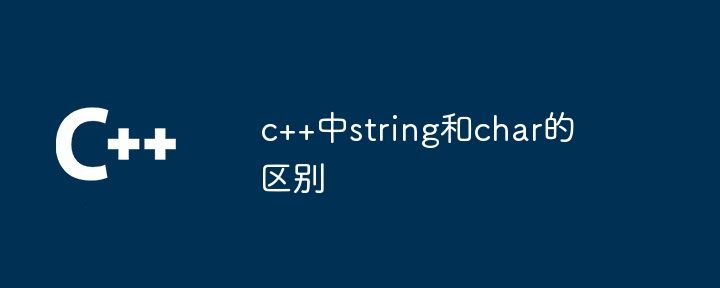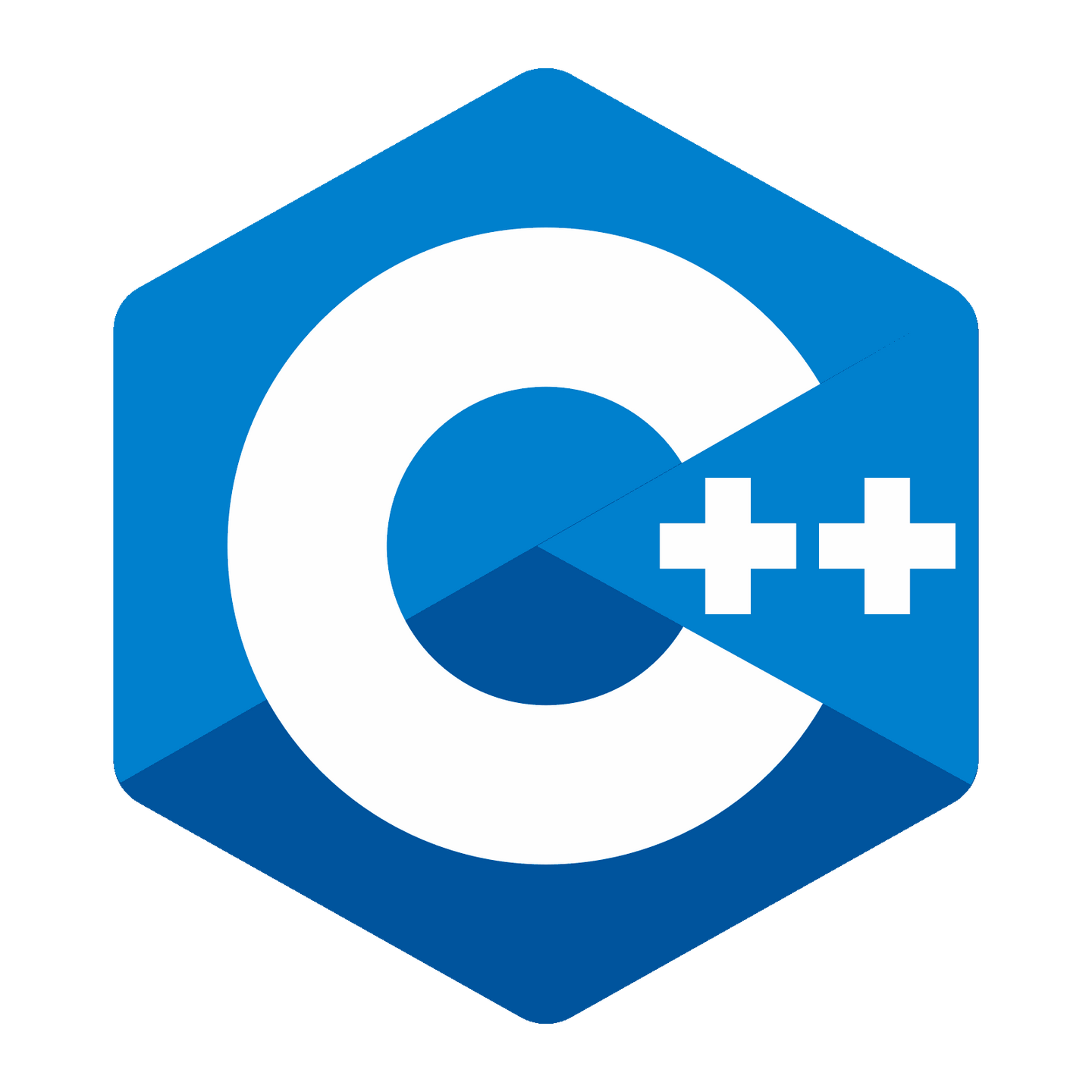C++ 中 string 和 char 的区别:数据类型:string 是 STL 类,char 是基本数据类型。内存存储:string 使用动态内存分配,char 只分配一个字节。操作:string 支持多种操作,char 只支持有限的操作。字符表示:string 使用 UTF-8 编码,char 通常使用 ASCII 编码。性能:string 操作更有效,char 数组在处理单个字符时效率更高。

C++ 中 string 和 char 的区别
在 C++ 编程语言中,string 和 char 是两种不同的数据类型, 用于处理文本信息,但它们之间存在着一些关键的区别:
1. 数据类型
2. 内存存储
立即学习“C++免费学习笔记(深入)”;
3. 操作
4. 字符表示
5. 性能
示例:
// string 实例 string name = "John Doe"; // char 数组实例 char greeting[] = "Hello, world!";
总结:
string 和 char 都是 C++ 中处理文本信息的数据类型,但它们在数据类型、内存存储、操作、字符表示和性能方面存在着显着差异。string 是一种更高级和通用的数据类型,用于处理复杂字符串操作,而 char 则更适合处理单个字符和低级操作。选择正确的类型取决于具体需求和性能考虑因素。
以上就是c++++中string和char的区别的详细内容,更多请关注php中文网其它相关文章!

c++怎么学习?c++怎么入门?c++在哪学?c++怎么学才快?不用担心,这里为大家提供了c++速学教程(入门到精通),有需要的小伙伴保存下载就能学习啦!

Copyright 2014-2025 https://www.php.cn/ All Rights Reserved | php.cn | 湘ICP备2023035733号